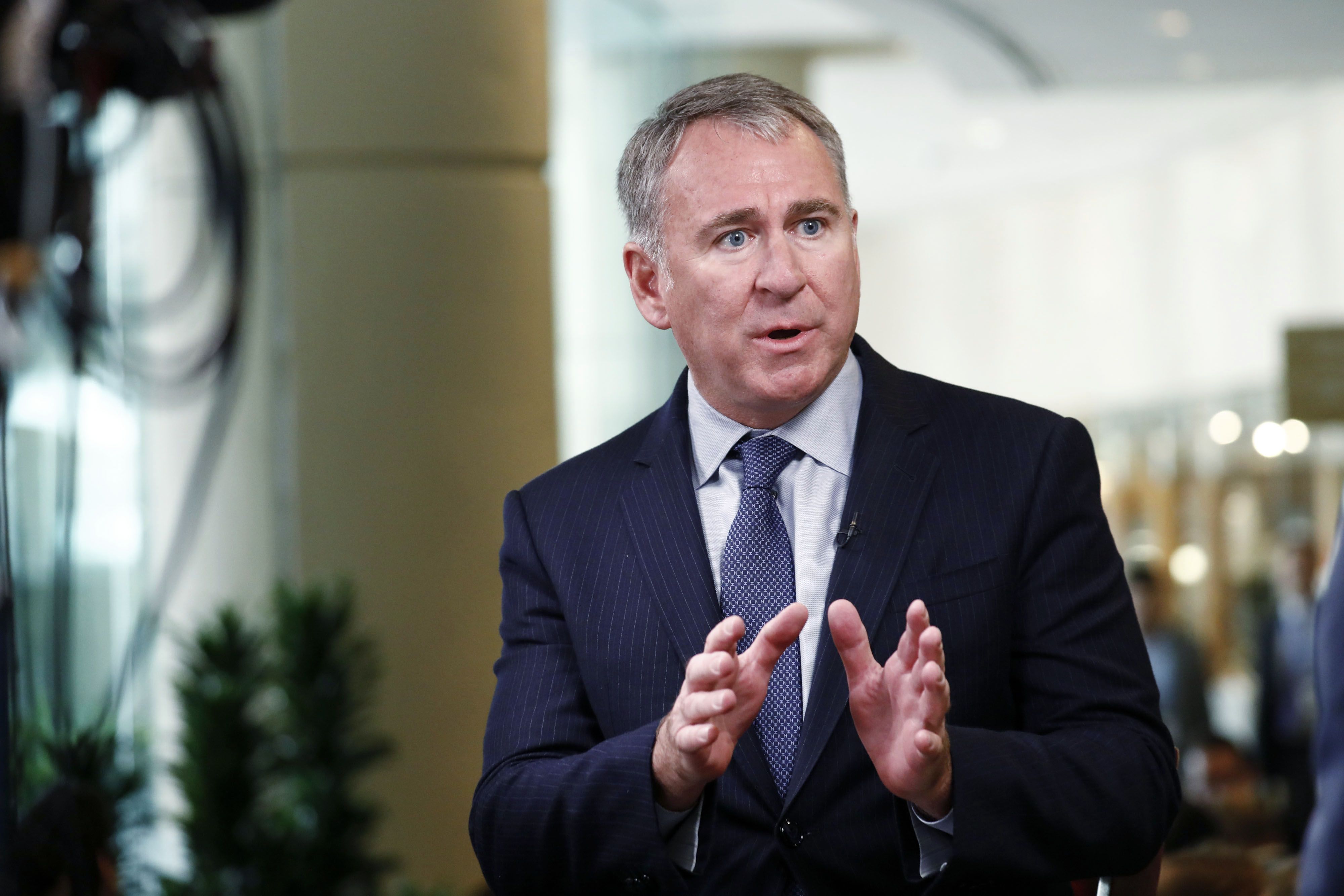The head of the Robinhood trading platform has apologised to customers at a US congressional hearing prompted by last month’s GameStop trading frenzy.
Vlad Tenev said the situation the firm faced in January – when financial strains led it to limit certain stock purchases – was “unacceptable to us”.

“We are doing everything we can to make sure this won’t happen again,” he said.
Lawmakers said the move, which sparked outrage, had raised questions about fairness in financial markets.
“Many Americans feel that the system is stacked against them and no matter what, Wall Street always wins,” said congresswoman Maxine Waters, who heads the House Financial Services Committee holding the hearing.
Mr Tenev said the firm, which is popular among everyday investors, was forced to temporarily limit trades in GameStop and some other firms due to new financial requirements it faced because of the surge in trading.

He said the firm moved quickly to raise new funds, which would help it avoid making similar moves in the future.
He also denied that Robinhood had been acting at the behest of anyone else.
“I’m sorry for what happened. I apologise,” he said. “I’m not going to say that Robinhood did everything perfectly, and that we haven’t made mistakes in the past, but what I commit to is that we improve from this.”
Other key players called to testify at the hearing also denied wrongdoing in the affair, which saw the price of GameStop shares rise from less than $20 at the beginning of January to more than $350 in a matter of weeks.
The astonishing rise, apparently fuelled by a swarm of independent traders swapping tips on social media forums such as Reddit, has sparked probes examining the possibility of market manipulation and other potential conflicts of interest.
Robinhood’s ties to Wall Street firm Citadel Securities have faced particular scrutiny.
Robinhood receives fees from the market maker Citadel Securities, which pays to execute Robinhood customer orders. Citadel, the hedge fund business, and its partners last month invested in Melvin Capital, one of the hedge funds hit by losses after betting that GameStop’s shares would fall.

Kenneth Griffin, the founder of Citadel Securities, said no-one in his company had any discussions with Robinhood about restricting trades in GameStop or other so-called “meme stocks”.
“I first learned of Robinhood’s trading restrictions after they were announced,” he said.
Mr Griffin and Mr Tenev attracted most of the attention at the sometimes combative hearing, which saw lawmakers raise potential regulatory changes, such as requirements that firms disclose when they have made large bets against a stock.
Melvin Capital hedge fund manager Gabriel Plotkin told lawmakers that he was wary of holding short positions again after retail investors pushed GameStop shares higher, causing the firm shed 53% of its value.